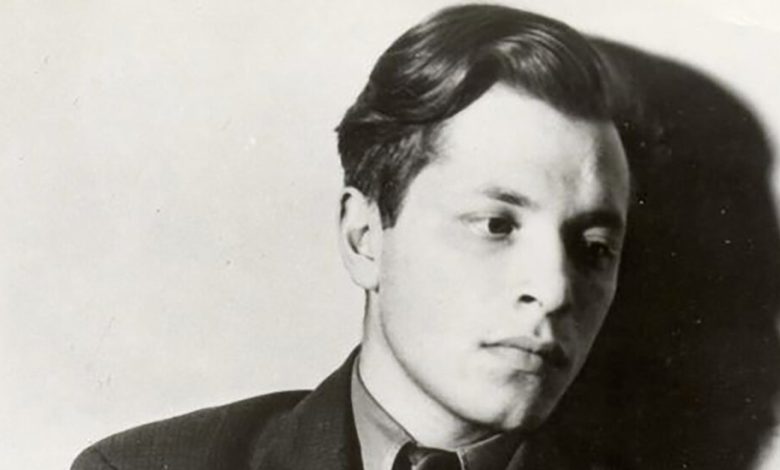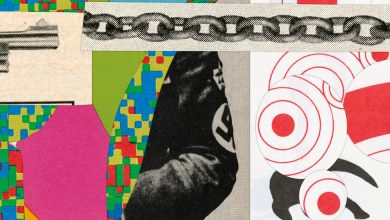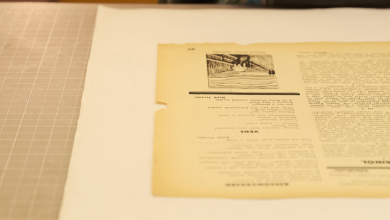Delmore Schwartz’s Poems Are Like Salt Flicked on the World

The Collected Poems of Delmore Schwartz, edited by Ben Mazer
Come with me, down the rabbit hole that is the life and work of the Brooklyn-born poet Delmore Schwartz (1913-66). There are two primary portals into Delmore World. Neither involves his own verse. Reading about Schwartz is more invigorating than reading him, or so I have long thought. He was so intense and unbuttoned that he inspired two of the best books of the second half of the 20th century.
The first portal is James Atlas’s 1977 biography, “Delmore Schwartz: The Life of an American Poet.” Atlas’s book has more drama and critical insight than seven or eight typical American literary biographies. I would be hard-pressed to name a better one written in the past 50 years, in terms of its style-to-substance ratio and the fat it gets into the pan.
Atlas follows Schwartz, the bumptious son of Jewish Romanian immigrants, through his alienated childhood and into his early work in the 1930s, when he was considered America’s Auden, the most promising poet of his generation. He captures Schwartz’s downtown Manhattan milieu, long before bohemia became a tourist attraction, and his friendships with Alfred Kazin, John Berryman, Philip Rahv, Robert Lowell and others.
Delmore! He had ardent nostrils; he was photographed by Vogue; he was slovenly and grand; he had read everything; he outtalked the most indefatigable talkers. “Cosmopolitan, radical, at home with Rilke, Trotsky, Pound,” Atlas writes, “he was the very embodiment of the New York intelligentsia.”
Schwartz never fulfilled his early promise. The highway he was on became a path and then a dense forest. He staggered into delusions and writer’s block and insomnia and lawsuits and D.U.I.s and fantasies of revenge and (oh, no!) the saggy parts of rural New Jersey. His tragedy is underscored by the fact that he is best known today for one Bartlett’s-ready quotation: “Even paranoids have real enemies.”
Atlas was lucky that Schwartz left carnage in his wake. The biography is a rolling dessert cart of anecdote. Returning from a party at the sexologist Alfred Kinsey’s house, where he had admired the erotic art, Schwartz was observed skipping through flower beds, singing and shouting “pistils and stamens!” He abruptly ended a long discussion of socialism with the critic R.P. Blackmur by pushing him into the fireplace. And so on.



